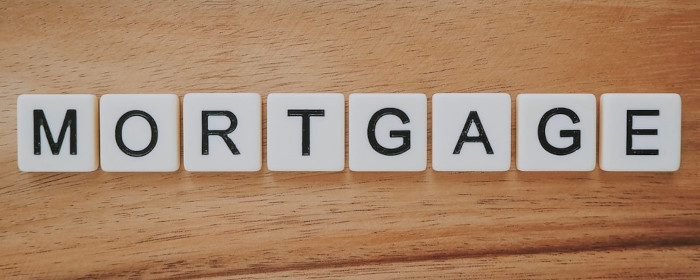Top Tips on Sourcing the Right Mortgage

You've most likely sat down with your partner and agreed that renting is no longer an option. You'll have to wade into the muddy waters of mortgages. Borrowing may not be appropriate if you are fortunate. However, if you don't have the cash, a home loan is the only way to buy a home. When it comes to borrowing, a good independent broker is important.
How Can You Find the Right Mortgage?
When looking for the best place to rent, you can also look for the best mortgage lender. It's just as important to know what kind of loan you apply for as it is to deal with a mortgage lender. As a result, here are some pointers on sourcing the best mortgage loan for your needs.
Involve a Mortgage Broker
Since they didn't try to deal with a mortgage broker, most potential borrowers end up choosing the wrong mortgage lender. Mortgage brokers know their way around the real estate market like the back of their hands.
Although they do not provide loans directly, they serve as a link between property buyers and lenders. Mortgage brokers are compensated with a fee for each customer they refer to a lender. If you chat with a trustworthy broker, such as Hello Mortgage, they will be able to guide you to lenders that give the best rates on the market. It is always good to do your homework before making this type of decision.
Check Your Credit Score
With a decent credit score, you'll be able to get the best offer on your home loan. As a result, having a copy of your credit report before beginning the home-buying process is a smart idea. You'll be able to see how your credit profile appears to potential lenders and, if possible, take action to increase your credit score.
The major credit reporting agencies, such as Experian, Equifax, and TransUnion, will provide you with one free copy of your credit report each year. All you have to do is pay a small fee to the news agency. Your credit score will be included in the report you get.
Research the Lenders Reputation
Regardless of how you learn about a lender, it is important to do a background check, whether from a family member or a website. Suppose you can get the names of former customers, attempt to contact them. Check online feedback, and don't be afraid to ask a potential lender any questions you have. Learning as much as you can about the person you'll be working with can save you a lot of trouble in the long run.
Make Sure You Can Afford the Mortgage
Having a loan approved is just the first step. The other aspect is ensuring that you are financially secure enough to pay your mortgage monthly. Lenders want to make sure you can pay back your loan. However, when lenders pre-approve homebuyers, they don't necessarily make monthly payments into account.
Car insurance and food costs, for example. That's something to think about before applying for a mortgage and getting pre-approval. It would help if you searched for mortgage lenders who can provide you with the right options and fees once you have a clear understanding of your finances.

Ensure the Payment Term Is Not Too Long
The majority of mortgage loans issued by major lenders around the world have a 30-year term. A longer term, on the other hand, ensures lower monthly payments. Borrowers will be tempted, but think twice before taking out a mortgage loan that will be repaid over 25 years or more. Don't be fooled by lower rates; instead, look for a mortgage that will pay off in the shortest amount of time.
Even if your monthly payments are tiny, your overall repayment will be enormous. For example, a 10-year loan may have a 50 percent interest rate, while a loan with double the tenure period may have a 120 percent interest rate.
Know Your Mortgage Options
Knowing their terminology, including the various types of mortgages, is vital in finding the right mortgage lender. Any preliminary research can also assist you in distinguishing between mortgage facts and fiction. People used to think that they had to go to banks or a 20% down payment to buy a house. That is no longer the case.
Many lenders provide traditional loans with as little as a 3% down payment, while some government-insured loans need no down payment, while others only 3.5 percent. Bear in mind that certain lenders may charge higher interest rates and need mortgage insurance if you put down less than 20%.
Before you start looking at houses and making offers, it may be a good idea to get some financing. You will further protect your credit report from mistakes and other questionable marks with the assistance of a good mortgage broker. Furthermore, if you have a preapproval letter in hand, you may act more quickly and be taken more seriously by sellers.